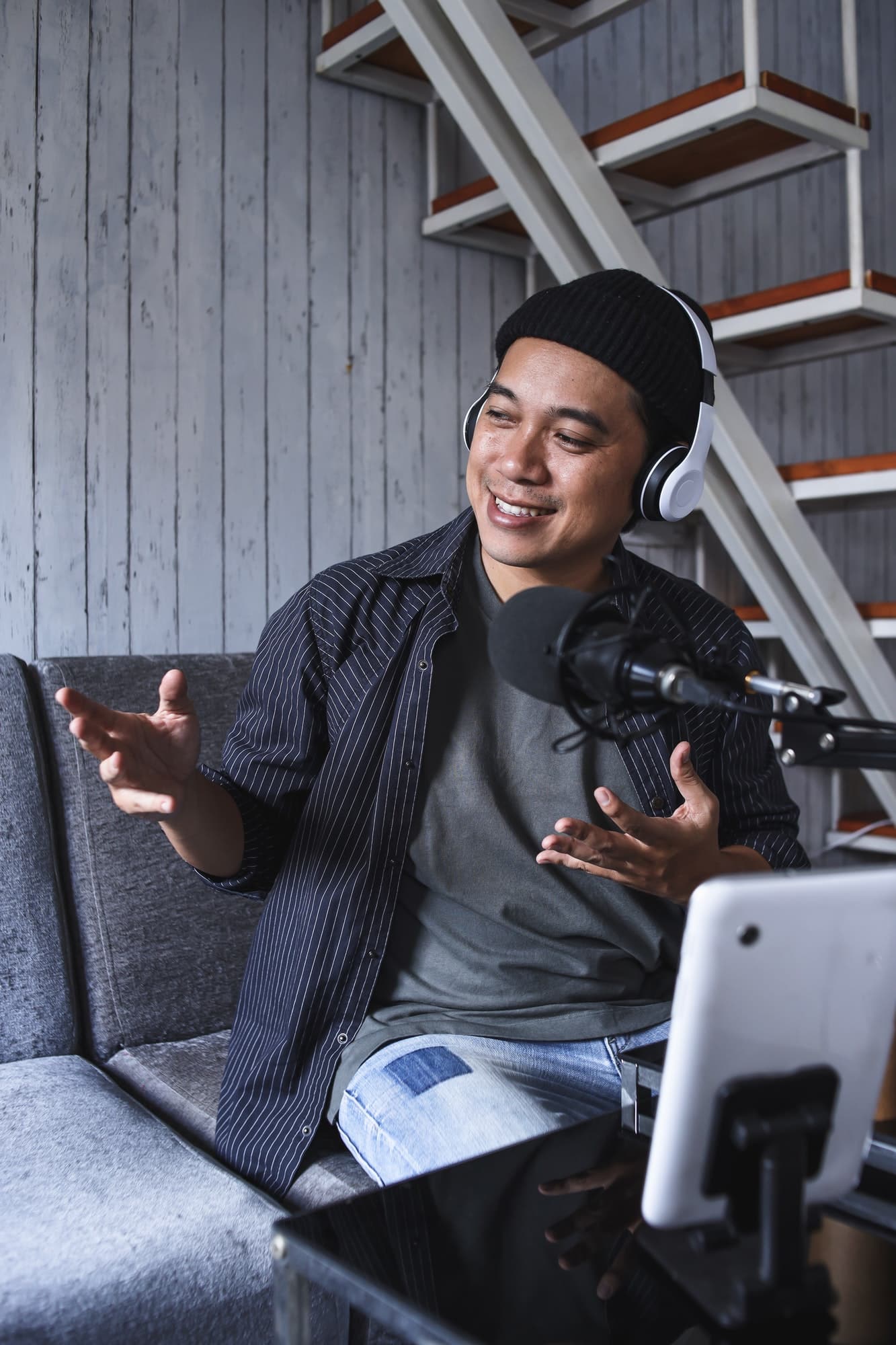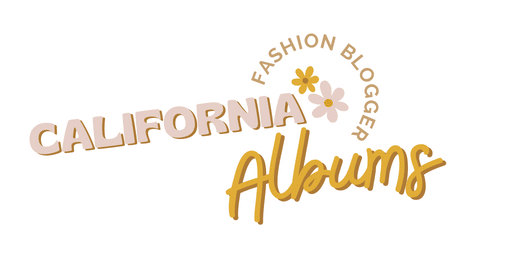How Can Podcasting Serve as a Platform for UK’s Emerging Musicians?

Podcasts have revolutionised the way we consume content. They have become a staple in our day-to-day lives, from the morning commute to the late-night wind down, giving us a new way to listen, learn, and be entertained. But podcasts are not just about a steady stream of captivating stories or enlightening interviews. They have also become a transformative medium for the music industry, providing an innovative platform for UK’s emerging musicians. Let us delve into the labyrinth of opportunities that podcasting is offering to aspiring musicians.
Podcasting: An Emerging Promotional Medium in the Music Industry
Music has always been more than just an art form. It’s a business, a medium for storytelling, and a tool to bring people together. But in today’s digital age, finding a broader audience has become increasingly challenging for emerging musicians. It’s here that podcasting steps in as an innovative promotional medium.
A voir aussi : What’s the Impact of Online Tutoring on UK’s Educational Outcomes?
Podcast episodes dedicated to music not only provide listeners with a gateway into the world of new artists and tracks, but they also offer musicians an opportunity to engage with a wider audience. From discussing the creative process behind their compositions to sharing their personal stories, artists get a chance to connect with their listeners on a deeper level.
Platforms such as Spotify have further transformed the landscape by integrating music and podcasts into a seamless audio experience. Emerging musicians can now have their music featured in podcast episodes, providing them with a new avenue to reach potential listeners.
Cela peut vous intéresser : How to Implement Sustainable Water Management in UK’s Golf Courses?
Leveraging Podcasts to Engage with a Broader Audience
Engaging with an audience has always been paramount for musicians. It not only helps in increasing visibility but also contributes to building a loyal fan base. However, reaching out to a broader audience is not always easy, especially for emerging artists. Podcasts, with their vast listenership, offer an effective solution to this problem.
Podcasts command a massive audience with diverse interests. A report by Ofcom indicates that around 7.1 million people in the UK listen to podcasts each week. This astronomical figure shows the potential reach of podcasting as a promotional tool for musicians.
What makes podcasts an even more attractive medium for musicians is the level of engagement they command from their audience. Listeners usually tune in to podcast episodes in their leisure time, giving their undivided attention to the content. This dedicated engagement is seldom achieved by other media platforms.
The Art of Podcasting for Musicians
Creating a podcast is not just about recording a conversation and hitting the upload button. It’s an art that requires careful planning and execution, especially when it’s meant to promote music.
Emerging musicians need to curate their podcasts in a way that not only showcases their music but also tells a compelling story about their journey. It’s about striking a balance between musical content and engaging conversation.
Music in a podcast episode serves as a powerful tool to attract and retain listeners. Artists can feature exclusive tracks, live recordings, or unplugged versions of their songs to provide a unique audio experience. Interspersing such musical content with insightful conversation about the inspirations, challenges, and triumphs of their journey makes for a captivating listen.
Collaborating with Podcasters: A Gateway to Success
Collaboration is key to success in the music industry, and podcasting is no exception. Emerging artists can benefit greatly by collaborating with established podcasters.
Podcasters, with their extensive listener base, can provide a solid platform for musicians to showcase their talent. Artists can feature their music in popular podcast episodes, perform live for a special episode, or even co-host a series. Such collaborations not only provide exposure to a wider audience but also build credibility for the artists.
Moreover, podcasters often have a loyal following. When they feature a musician on their podcast, it serves as a strong endorsement, making their listeners more likely to click on the artist’s music.
Conclusion
To sum up, podcasting offers a myriad of opportunities for UK’s emerging musicians. It provides a novel platform to reach a wider audience, engage with listeners, and collaborate with influential figures in the industry. However, it’s important for artists to approach podcasting with a clear strategy in mind. By balancing musical content with engaging narrative and leveraging collaborations, musicians can make the most of this powerful medium.
Podcasting and Social Media: A Powerful Combination for Music Promotion
Social Media is an essential tool in the music industry, providing musicians with opportunities to connect directly with their fans. Coupled with podcasting, social media platforms offer a powerful combination for musicians to promote their music and engage their fanbase.
Emerging artists can use social media to promote their podcast episodes, notify their audience about new releases and converse directly with fans. This direct interaction helps in building fan loyalty, which is crucial for any musician’s long-term success. By sharing behind-the-scenes footage, live performances, or discussions about the music production process, artists can offer an exclusive glimpse into their world, which fans appreciate and value.
Twitter, Instagram, and Facebook, prevalent social media platforms, allow artists to share links to their podcast episodes. This not only increases the episode’s visibility but also directs traffic to music streaming platforms like Spotify or Apple Podcasts. Platforms like these have changed the game by combining the power of music streaming and podcasting, creating a single platform where emerging artists can grow their music career.
Furthermore, these platforms also allow artists to gather feedback from their target audience. This direct feedback is valuable for artists to understand their audience’s preferences and tailor their content accordingly.
The Business Side of Podcasting in the Music Industry
While podcasting offers a creative platform for musicians to share their craft, it also presents opportunities on the business side of things. Podcasts have shown potential as a revenue stream for independent artists, enabling them to pursue music full time.
One such opportunity lies in sync licensing, an overlooked but lucrative aspect of the music business. By featuring their music in podcast episodes, musicians can earn royalties each time their music is played. This can provide a steady income for artists, allowing them to focus more on their craft.
Moreover, award-winning musicians often use podcasts to share their experiences and insights into the music industry. Aspiring artists can learn from these podcasts, gaining insight into music marketing strategies, contract negotiations, and navigating the challenges of the music industry.
Moreover, podcasts also offer opportunities for sponsorship and advertising. Brands looking to reach a specific demographic can sponsor podcast episodes, providing additional revenue for musicians. Musicians can also advertise their merchandise or upcoming gigs during podcast episodes, creating a holistic approach to music promotion.
Conclusion
In today’s digital age, podcasting has become a transformative medium for the music industry. From promoting music content to engaging with fans and generating income, podcasting is a powerful tool for UK’s emerging musicians. However, to make the most of this platform, musicians need to approach podcasting strategically.
Artists must create engaging content that resonates with their audience, utilizing social media to promote their podcast episodes and interact with fans. They should also look for business opportunities, such as sync licensing and sponsorships, to support their music career financially.
The synergy between music and podcasting is a testament to the evolving landscape of media platforms. As the audience for podcasting continues to grow, so too do the opportunities for musicians. Podcasting is not just a trend, but a lasting tool that will continue to shape the future of the music industry.
